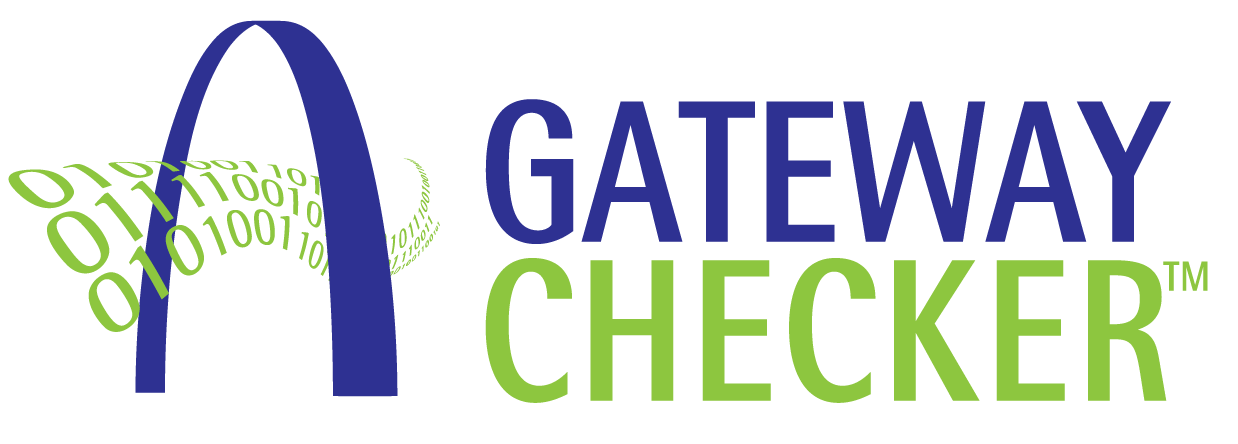Many Manufacturers are Failing to Meet DSCSA Requirements
Published September 26th, 2024
The November 27th, 2024 deadline for DSCSA Compliance is just two months away. While many pharmaceutical partners have made tremendous efforts to adhere to updated guidelines, many remain far from compliant. DSCSA Compliance is a team effort; if certain trading partners fail to meet these new guidelines, the entire supply chain could be adversely impacted.
Pharmacies and the organizations that represent them, in particular, are discovering that manufacturers are behind when it comes to meeting updated traceability requirements. According to Jillanne Schulte Wall, Senior Director of Health & Regulatory Policy at the Alliance for Safe Online Pharmacies (ASOP), many manufacturers are only providing 20% to 30% of the data necessary for supply chain traceability. She believes this gap can be attributed not to purposeful noncompliance, but rather, to the various enforcement discretion periods and the complexities of the DSCSA itself.
Further Proof, and What it Could Mean for Consumers
These concerns align with the results of a recent survey conducted by the FDA and the Partnership for DSCSA Governance in June: close to one-third of pharmacies surveyed reported they are routinely receiving serialized data from 20% or less of their suppliers, and only 10% of them said they were receiving serialized data routinely from 95% to 100% of their suppliers.
The National Association of Chain Drug Stores (NACDS) gave their own input on DSCSA preparedness. The organization believes a phased, renewed approach to compliance is necessary, considering the number of manufacturer-level trading partners who are failing to provide complete and accurate EPCIS data consistently. Relying on the Waiver, Exception, and Exemption process alone could withhold negative implications for consumers, including higher prices and drug shortages.
The American Society of Health-System Pharmacists (ASHP) is communicating around the clock with the FDA as the end of the stabilization period approaches. “We are very concerned about the lack of preparedness we are seeing upstream, and whether or not there should be a continuation of the stabilization period,” Ms. Schulte Wall added. Nonetheless, the FDA hasn’t provided any reason for pharmaceutical partners to expect another stabilization period.
FDA: No More Stabilization
The FDA has made it clear they have no intention of continuing the stabilization period past November 27th. With this in mind, partners across the supply chain need to meet these updated requirements promptly. Though various organizations are pushing for modified compliance procedures or extensions to stabilization, the FDA has emphasized that this is not a likely scenario.
Pharmaceutical partners must focus on meeting updated compliance standards or risk consequences, including legal penalties, product seizures, downstream supply chain disruptions, and reputational damages.
How Gateway Checker Can Help
Gateway Checker has a variety of services intended to help pharmaceutical partners adhere to these updated DSCSA requirements. Our traceability platform, TraceReady™, provides comprehensive drug transaction quality assurance, proactively identifying and remediating conformance and interoperability issues. Additionally, transaction records that pass TraceReady’s rigorous conformance testing requirements are eligible to be Gateway Certified™, our seal of approval verifying that your transactions are interoperable and meet updated DSCSA guidelines.
To learn more about our TraceReady™ Platform, and our Gateway Certified™ EPCIS and VRS conformance testing services, view our services or contact us.

